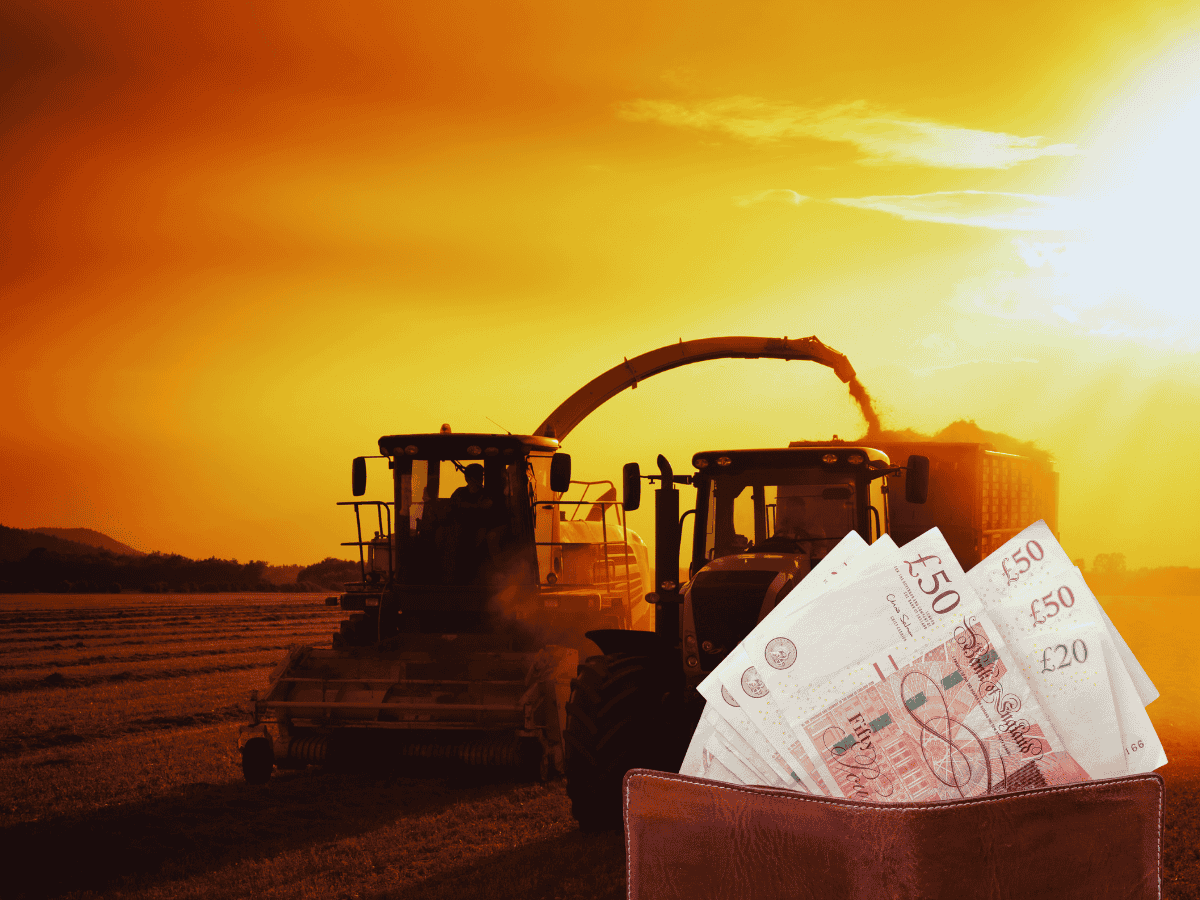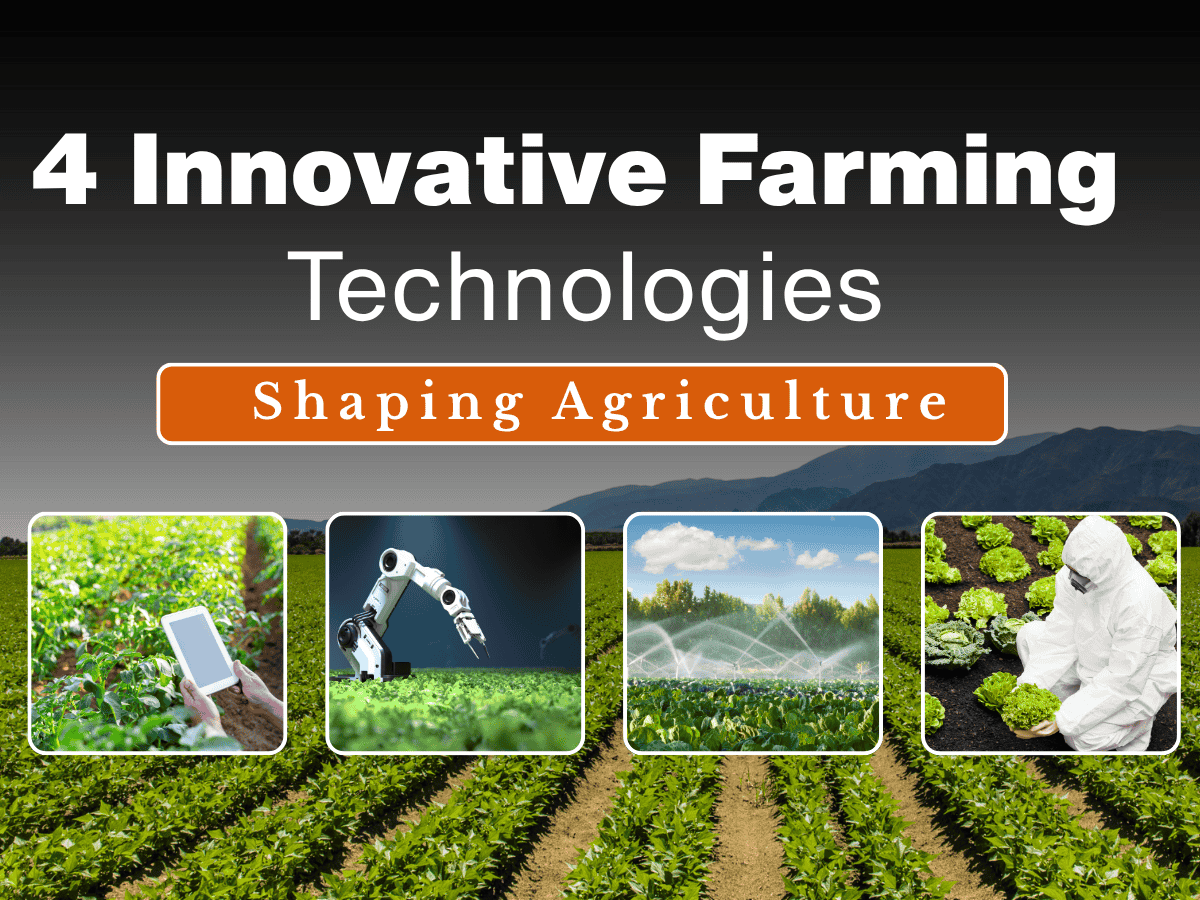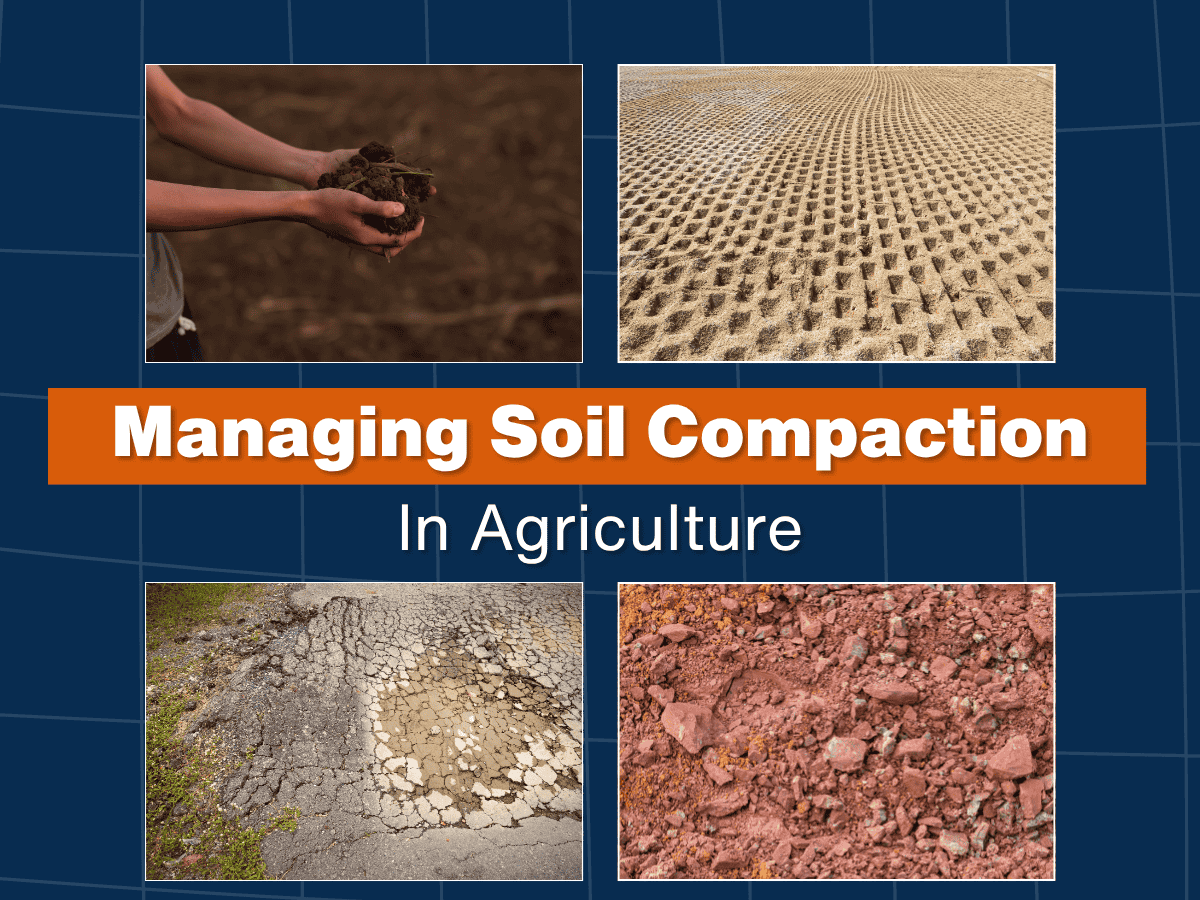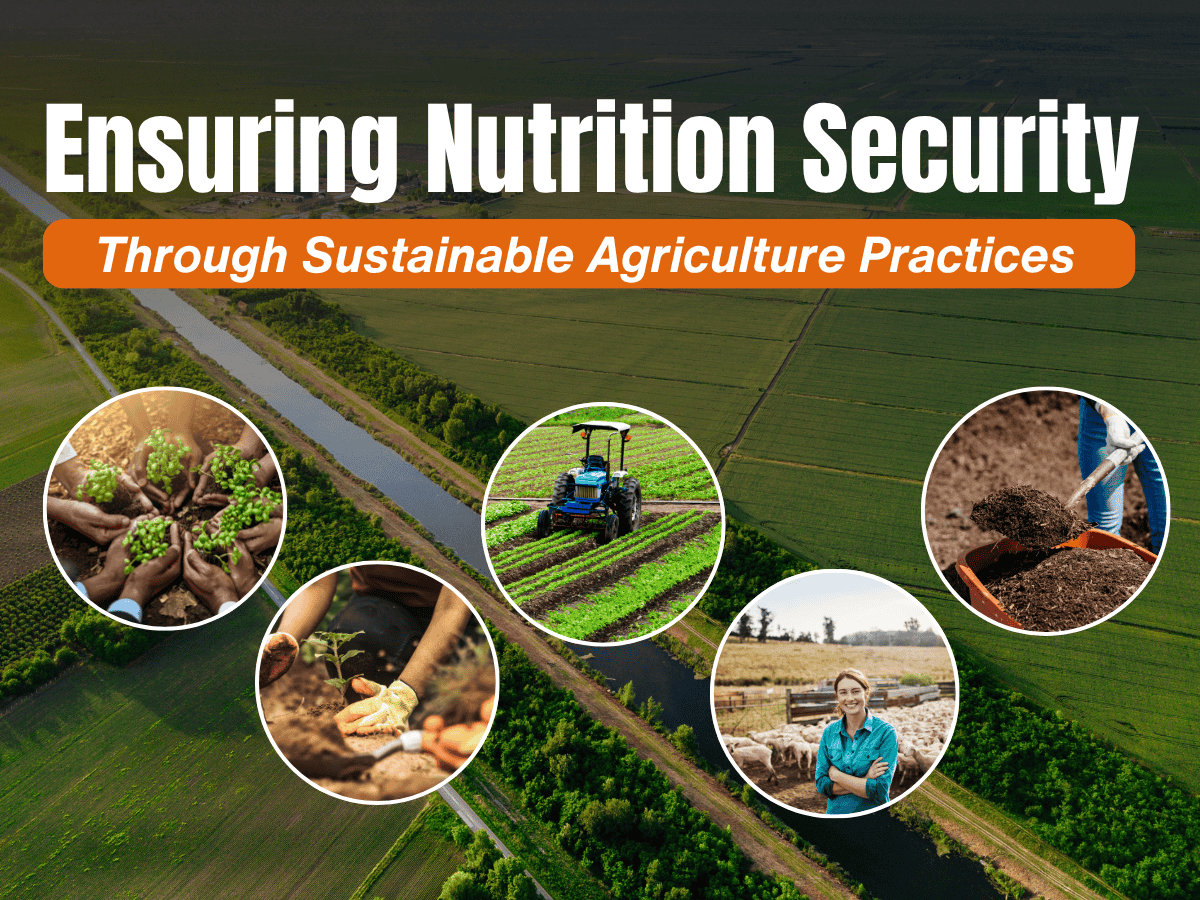ceat-speciality:blogs-tags/all,ceat-speciality:blogs-tags/agriculture
What factors influence farm machinery costs?
Thu, 21 Nov 2024 | PRODUCTS
Investing in the right farm machinery is crucial for efficient and productive agricultural operations. However, the cost of farm machinery can vary significantly, depending on several factors.
Farm tyres, particularly those for tractors, represent a significant part of the overall expense. The financial commitment can vary significantly based on several elements, including machinery type, technological advancements, and market dynamics.
In this blog post, we will explore the key factors that influence the cost of farm machinery, including the type of machinery, brand, features, and additional accessories.
Types of Farm Machinery and Their Costs
The type of machinery you choose will significantly impact the overall cost. For example, a simple tractor will be less expensive than a complex combine harvester. The specific features and capabilities of the machinery will also influence the price.
- Tractors and their variants
Tractors are the backbone of modern farming. The cost of a farm tractor can range widely based on its size and capabilities. For instance, smaller tractors designed for light tasks are generally more affordable than larger, high-horsepower tractors for heavy-duty work. Including advanced features, such as GPS technology or enhanced fuel efficiency, can also elevate the price.
- Implements and attachments
Farm implements—like ploughs, seeders, and harrows—are essential for optimising crop production. Each implement has its pricing structure. For example, a basic plough may cost significantly less than a multi-functional seeder. The cost of these attachments depends on their complexity and the technology integrated into them.
Material Quality and Technology
- Durability of Components
The quality of materials used in manufacturing machinery can greatly influence costs. Higher-quality components typically lead to longer-lasting machinery. For instance, farm tyres made from durable rubber compounds may have a higher upfront cost but offer better performance and longevity, ultimately saving money in the long run.
- Technological Advancements
Technological innovations play a pivotal role in farm machinery costs. Precision farming tools, such as automated steering systems and drones for crop monitoring, can enhance efficiency and increase initial investment. These advanced technologies may offer long-term savings and improved yields, but farmers must weigh these benefits against the costs.
Brand and Model
The brand and model of the machinery can greatly affect its cost. Reputable brands often command higher prices due to their quality, reliability, and after-sales support. However, it's essential to consider your farm's specific needs and choose a brand that offers the best value for your money.
Horsepower and Engine Size
The horsepower and engine size of the machinery will also impact the cost. Higher horsepower and larger engines typically result in higher prices. However, choosing a machine with the right power is essential. Overpowering a machine can lead to increased fuel consumption and maintenance costs.
Additional Features and Accessories
The availability of additional features and accessories can also influence the cost of farm machinery. Features like air conditioning, hydraulics, and GPS technology can increase the price, but they can also enhance the machine's efficiency and productivity.
Maintenance and Operating Costs
- Long-term investment
While the initial purchase price is essential, farmers should also consider long-term costs associated with maintenance and operation. Regular maintenance can prevent costly breakdowns and extend machinery life. Additionally, operating costs—fuel, oil, and tyres—must be factored into the overall expense.
- Farm tractor tyre considerations
Farm tractor tyres are a critical element that can significantly affect overall machinery costs. The right tyres from CEAT Specialty improve traction and efficiency, optimising fuel usage. Cheaper tyres may save money upfront, but they could lead to increased wear and tear on machinery. Investing in high-quality farm tyres, which can handle various terrains and conditions, often pays off in terms of performance and longevity.
Market Dynamics and Seasonal Variations
- Demand and Supply
Market demand and supply can also affect the price of farm machinery. Prices may increase when demand rises, such as during planting season. Conversely, prices may drop during off-peak times as manufacturers seek to clear inventory. Understanding these market trends can help farmers time their purchases effectively.
- Global Economic Factors
Global events can also impact machinery costs. Fluctuations in currency exchange rates, trade tariffs, and international supply chain disruptions can affect the price of imported machinery and components. Farmers should stay informed about global economic trends to anticipate changes in machinery costs.
Conclusion
Understanding the factors that influence the cost of farm machinery can help you make informed decisions and select the best equipment for your farm. When choosing farm machinery, consider your needs, budget, and long-term goals. Investing in high-quality, reliable equipment can improve your farm's productivity and profitability.

























